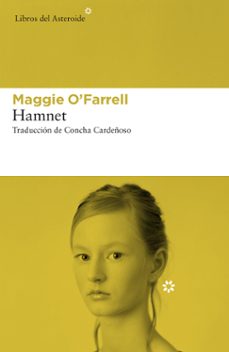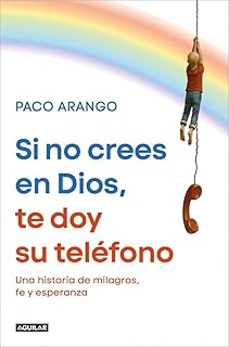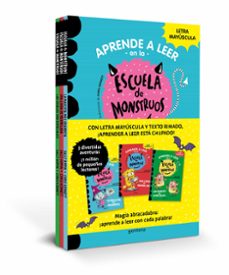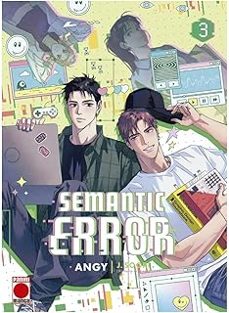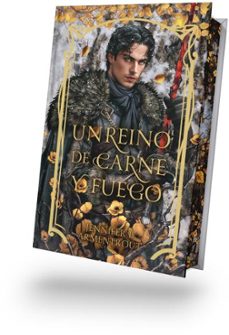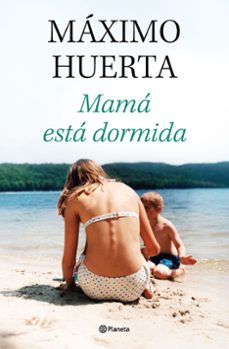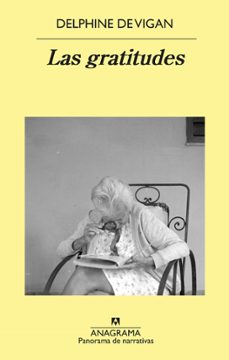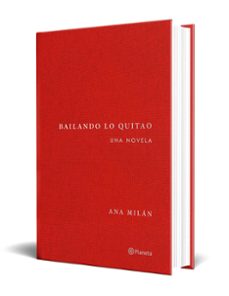📗 Libro en inglés TALKING CLASSICS: THE SHOCK OF THE OLD
PROFILE BOOKS- 9781805220312
Sinopsis de TALKING CLASSICS: THE SHOCK OF THE OLD
What's exciting about a piece of bread 4,000 years old? Or some pots of paint abandoned in the eruption at Pompeii? Why should we be bothered with the distant past anyway? What's the point?
The life, art and literature of ancient Greece and Rome have something to offer everyone. They are not the property of wealthy white men only. They make us wonder how to make sense of people who lived long ago (from angry landlords to giggling senators) - and to think harder about our own world, to look at it differently.
In Talking Classics, Mary Beard points to the surprising connections between antiquity and the present. From revolutionaries to dictators, Bob Dylan to Beyoncé, she joins forces with the varied modern characters who have been transfixed by the ancient world. It's not compulsory, she argues, to be excited by antiquity, but it's a shame not to be.
After half a century teaching and studying classics, she fills the book with lively stories, curious facts and some good gossip. Talking Classics explains why the deep past does really affect us all.
The life, art and literature of ancient Greece and Rome have something to offer everyone. They are not the property of wealthy white men only. They make us wonder how to make sense of people who lived long ago (from angry landlords to giggling senators) - and to think harder about our own world, to look at it differently.
In Talking Classics, Mary Beard points to the surprising connections between antiquity and the present. From revolutionaries to dictators, Bob Dylan to Beyoncé, she joins forces with the varied modern characters who have been transfixed by the ancient world. It's not compulsory, she argues, to be excited by antiquity, but it's a shame not to be.
After half a century teaching and studying classics, she fills the book with lively stories, curious facts and some good gossip. Talking Classics explains why the deep past does really affect us all.
Ficha técnica
Editorial: Profile Books
ISBN: 9781805220312
Idioma: Inglés
Encuadernación: Tapa dura
Fecha de lanzamiento: 16/04/2026
Especificaciones del producto
Escrito por Mary Beard
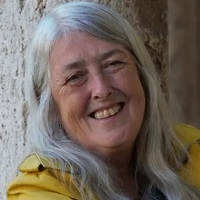
Mary Beard es catedrática de Clásicas en la Universidad de Cambridge. Es muy conocida por su atractiva manera de enseñar y divulgar la Historia, especialmente la de la Antigua Roma. Es miembro de la Academia Británica y de la Academia Americana de Artes y Ciencias; y Doctora Honoris Causa de distintas universidades, entre las que se encuentran la Carlos III, de Madrid, y la Oberta de Catalunya, de Barcelona. Es autora de numerosos libros como "SPQR", "El triunfo romano" y "Pompeya. Historia y leyenda de una ciudad romana"; en Alianza Editorial ha publicado "La risa en la Antigua Roma", y, junto con John Henderson, "El mundo clásico: Una breve introducción". Entre los numerosos galardones que ha recibido a lo largo de su carrera cabe destacar el Premio Princesa de Asturias de Ciencias Sociales, en 2016.
Fotografía: © Caterina Turroni
Descubre más sobre Mary Beard Fotografía: © Caterina Turroni
Recibe novedades de Mary Beard directamente en tu email



